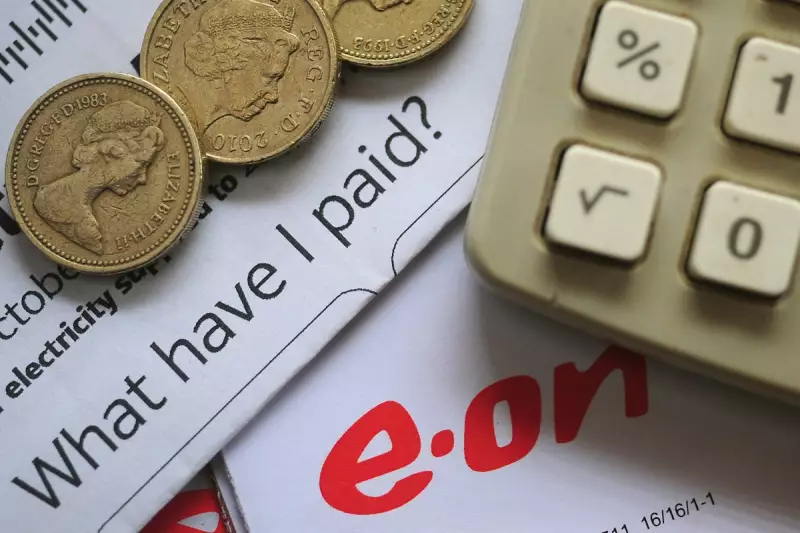
Millions of British households are facing an impossible choice as hidden energy costs spiral out of control, creating a silent crisis that's pushing families deeper into fuel poverty.
The Stealth Charge Crippling Household Budgets
While attention has focused on the headline energy price cap, a less visible component of energy bills has been steadily climbing to alarming levels. Standing charges - the daily fees consumers pay regardless of energy usage - have become a significant burden for vulnerable households across the nation.
These fixed daily charges have increased dramatically in recent years, creating a situation where many families face substantial energy costs before they've even switched on a single light or appliance.
An Unavoidable Financial Burden
For those on low incomes, pensioners, and households struggling to make ends meet, standing charges represent an increasingly unfair aspect of the energy system. Unlike consumption-based charges, these fixed costs cannot be reduced through energy-saving measures or behavioural changes.
The reality is stark: households are paying hundreds of pounds annually before they use a single unit of energy. This system disproportionately affects those who can least afford it, creating a regressive charging structure that hits the most vulnerable hardest.
The Human Cost of Rising Fixed Charges
Behind the statistics lie real stories of hardship and impossible choices. Families are being forced to decide between heating their homes and putting food on the table, with standing charges representing an unavoidable baseline cost that makes energy unaffordable for many.
- Pensioners rationing heating despite medical conditions
- Families with young children facing cold homes
- Disabled individuals unable to power essential equipment
- Low-income households skipping meals to pay energy bills
Regulatory Failure or Designed Inequality?
Critics argue that the current system reflects a fundamental flaw in how energy costs are distributed. The rising standing charges are being used to cover costs that should arguably be spread differently across the energy market, including supplier failures and network maintenance.
Consumer advocacy groups and energy experts are calling for urgent reform of the charging structure, arguing that the current approach is both unfair and unsustainable. There are growing demands for Ofgem to reconsider how these costs are allocated and whether the standing charge mechanism remains fit for purpose.
The Path Forward: Solutions and Alternatives
Several potential solutions are being debated within the energy sector and among policymakers:
- Reform the charging structure to reduce reliance on fixed daily charges
- Introduce social tariffs for vulnerable households
- Increase energy efficiency support to reduce overall consumption
- Review cost allocation methods for network and policy costs
What remains clear is that without intervention, the standing charge crisis will continue to exacerbate fuel poverty across the UK, leaving millions trapped between cold homes and unaffordable bills.
The time for action is now, before another winter forces vulnerable households to make impossible choices about their basic needs.





